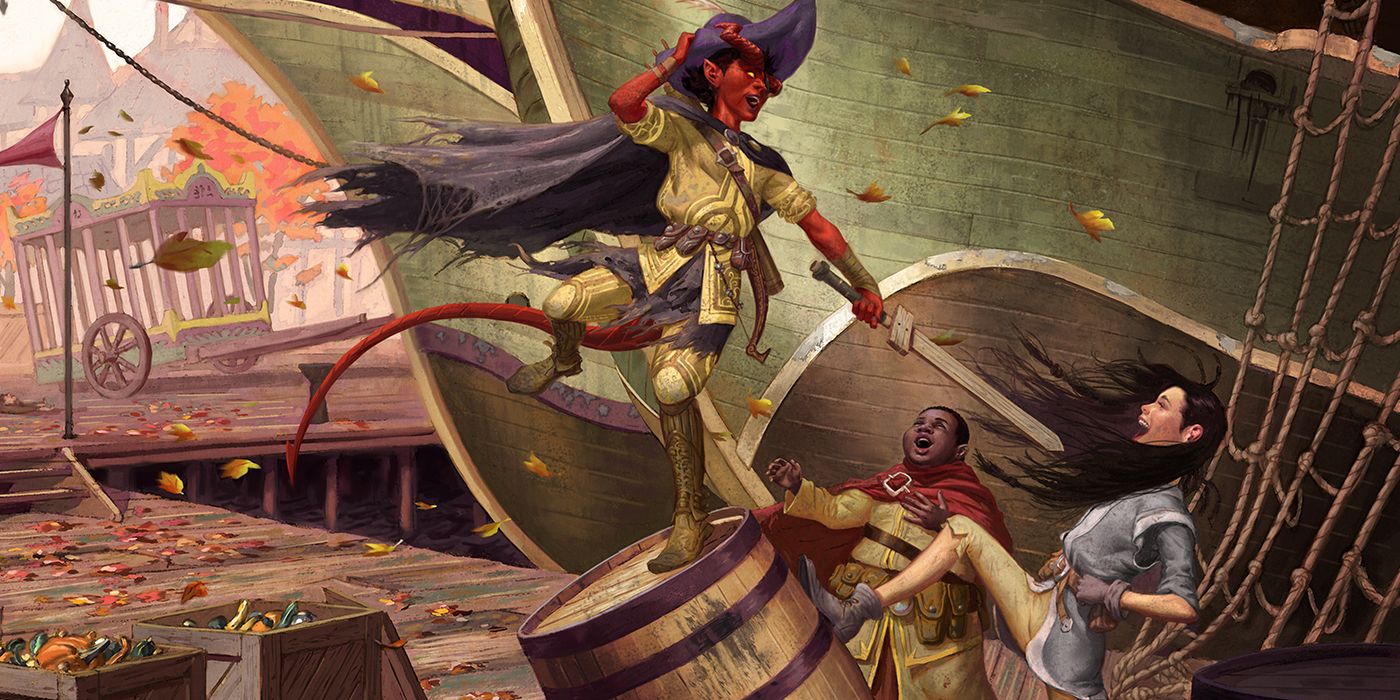Campaigns in Dungeons & Dragons can span any length of time, from a two hour one-shot in a small village to a five year adventure through each plane of existence. One of the most disruptive things for any campaign is significant player turnover, since having characters exit mid-way through an adventure can make for less satisfying narratives and roleplay. In order to keep a group together for the long haul, it’s crucial for D&D groups to communicate about their goals and preferences early and often.
The first thing that any potential Dungeons & Dragons group should discuss is how often they plan to meet. If the majority of a group wishes to play weekly, but some members know their schedules won’t permit this, that should be made known before session one. Similarly, the Dungeon Master should be clear about how long they intend for the campaign to last, so players don’t find themselves making a commitment they can’t keep. It is best for new players to be introduced with a one-shot or short campaign, so they can learn if Dungeons & Dragons is right for them.
Click the button below to start this article in quick view.
Beyond the schedule, prospective groups should also talk about type of campaign they will participate in. Each adventure in Dungeons & Dragons is unique, and so are the players who choose to participate. For example, some campaigns are combat heavy, with multiple encounters per session. These campaigns can be demanding on newer players, since they require each member of the party to understand every ability in their character’s arsenal. There are also plenty of campaigns that prioritize roleplay, and they will expect players to be comfortable adapting their character’s personality for long periods of time. Campaigns can also range from more casual adventures to more serious ones, so groups should be sure to address everyone’s expectations beforehand.
Creating An Interesting Character in Dungeons & Dragons
One of the easiest ways for players to lose interest in Dungeons & Dragons is by not having interest in their own character. Veteran players can help to prevent this issue by providing first-time adventurers with tips on how to create a memorable backstory, choose a race, and most importantly, select a class. Classes in Dungeons & Dragons determine a character’s playstyle and abilities, and so finding the best class for a new player could be the thing that keeps them interested. Dungeon Masters should also do their best to make sure every member of the campaign feels like their character has a goal motivating them, so they themselves are motivated to attend future sessions.
D&D isn’t the game for everyone, and it is natural that some groups will lose members over time. With that said, there are plenty of proactive steps a group can take in order to stay together for the long haul, and the essential factor in all of them is communication. Dungeon Masters may be the only ones responsible for planning actual sessions, but every player can play a part in making their Dungeons & Dragons campaign more enjoyable for the group.
About The Author
